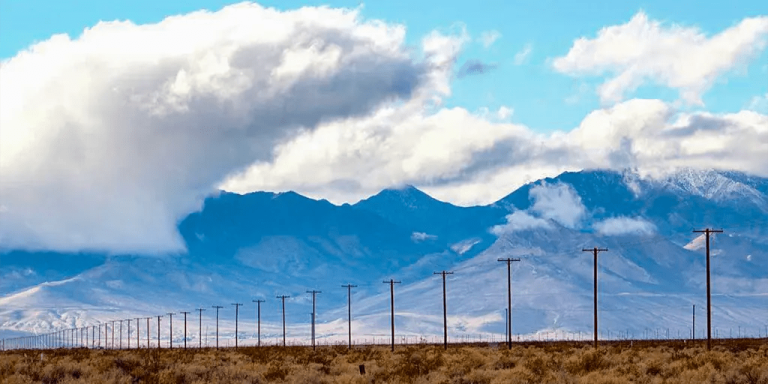Dave Shriver
The 2024 election could be a turning point in our country’s energy future, setting the stage for a major shift in how Americans produce and consume energy in the coming decades.
Recent developments in local, state, and federal energy policy have been mixed. While there has been encouraging progress toward recognizing natural gas as a clean, reliable, and affordable domestic energy source, there have also been too many attempts at the state and community levels to hinder Americans' ability to choose the energy source of their choice.
As candidates debate our energy future this election season, it’s important to remember that consumers’ interests are directly affected, positively or negatively, by the decisions of elected officials.
Concerns have been raised about efforts to limit energy choices because of the negative impact on energy affordability. Publicly owned natural gas systems understand the need for sustainable energy solutions and are committed to improving energy efficiency without sacrificing affordability and reliability. With election season in full swing, here’s what I think voters should be paying attention to.
What do energy consumers care about?
Most Americans recognize the importance of combining natural gas with renewable energy to power homes and buildings. However, recent policies by the White House and Department of Energy (DOE) have limited the role of natural gas in providing reliable and affordable energy to consumers, contradicting consumer desires for a diversified energy mix.
As voters, it is critical to support candidates who listen to the needs of the majority of energy consumers, rather than pandering to the demands of the most vocal minorities.
natural gas Policy challenges and opportunities
Last year's attempt by state policymakers to ban natural gas in New York was a telling example of the shortsightedness of some states trying to limit natural gas use. While the policy does not ban the use of natural gas in all buildings, it will have a significant impact on new construction, increasing utility bills for working families while jeopardizing energy resiliency.
By comparison, the reversal of a natural gas ban in Berkeley, Calif., and similar reversals elsewhere in 9th Circuit – illustrates the need for practical energy policy consistent with our nation's precedents for protecting energy choices. To date, more than 50% of states have passed energy choice legislation, demonstrating strong voter demand for leaders committed to providing affordable and reliable natural gas to more than 157 million Americans.
In 2025, lawmakers at all levels will face policy decisions that could address or exacerbate these energy challenges. As candidates seek our votes, will they heed Americans' calls for affordable and reliable energy?
Promoting energy choice, equity and innovation
Voters expect their federal, state and local elected officials to support sound, effective energy solutions.
Upcoming 119th Congress has an opportunity to respond to what they heard from voters on the campaign trail—which should include reforming the Energy Policy and Conservation Act (EPCA). Originally enacted in 1975, the act and its subsequent amendments give the Department of Energy the authority to establish and update minimum energy efficiency standards for consumer products, including many natural gas appliances.
Unfortunately, many of the recently proposed energy efficiency standards are based on cost-benefit analyzes that project only minimal energy and consumer savings, prompting a switch from expensive fuels to natural gas for appliances. American consumers deserve policy reforms to ensure that future appliance energy rulings are based on transparent standards and have economically sound thresholds for substantial energy savings.
As we enter the height of the 2024 election season, let us remember that our votes in November will shape tomorrow’s energy landscape. By engaging all stakeholders by electing leaders who prioritize collaboration and balanced solutions, we can pave the way for a sustainable energy future.
Dave Schryver is the company's president and CEO American Public Gas Associationis an industry association representing more than 730 local, public and municipally owned natural gas systems in 38 states.
This article was originally published by RealClearEnergy and provided via RealClearWire.
Relevant
